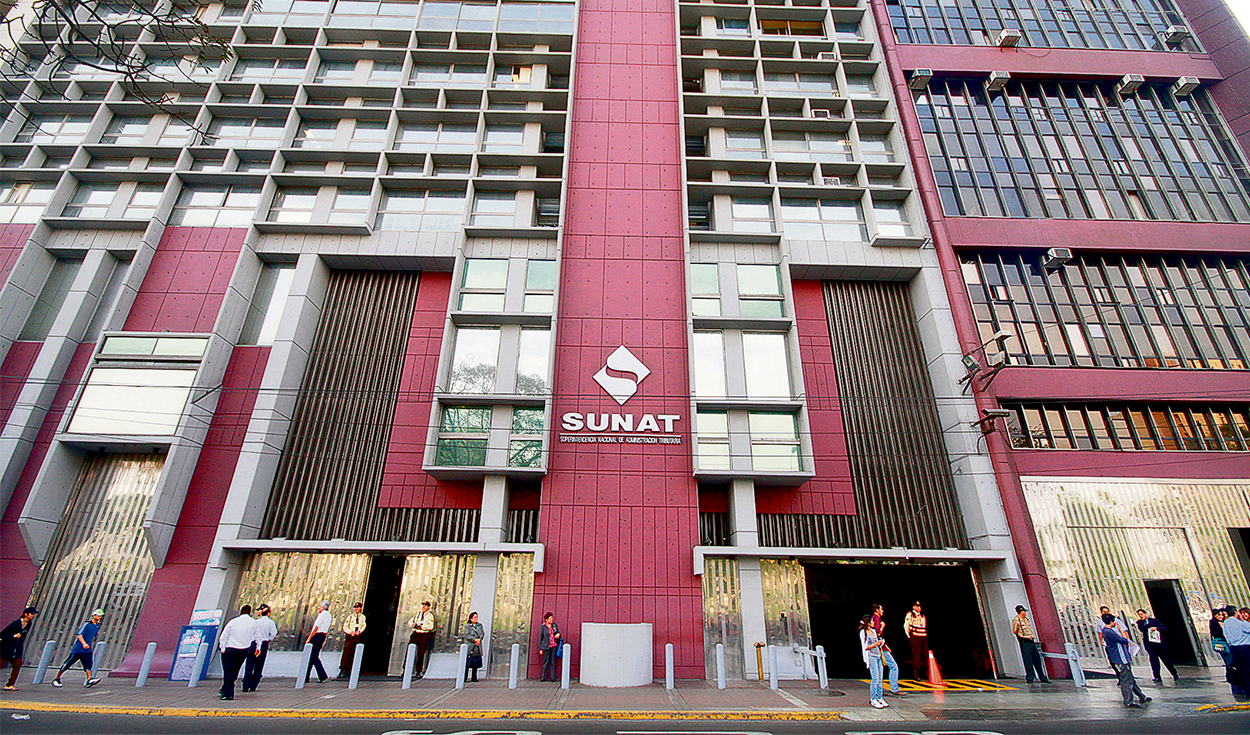
With the new tax simplification promoted by the MEF, only two regimes would remain: the New Simplified Single Regime (NRUS), with those companies whose gross income does not exceed 19 UIT annually, and the General Regime (RG).
This means that the 552,500 companies in the Special Income Tax Regime (RER) and the 1 million 46,700 in the Mype Tax Regime (RMT) that existed as of November 2023 They must choose which of the other two regimes to enter starting in January 2025, despite the fact that the distances between one and the other are “abysmal.”
For tax lawyer Miguel Carrillo, this is a rule that does not change anything in the NRUS and that, on the contrary, could lead, due to the few incentives it poses, for those who are in the RER and know that they are going to go to RG form small companies with smaller amounts. Fiscal dwarfism.
“There should be an intermediate regime between the NRUS and RG. For example, those that generate 30 UIT pay S/100 monthly for having greater capacity. But if I limit it to the same amount they have now, there is really no change,” he says.
It states that, while NRUS will continue as it is, both RER and RMT “will automatically move to the General Regime”, unless they want to benefit from the NRUS. But for that They would have to declare income less than 19 UIT, something almost unthinkable. For those in the RMT, the move to the RG would be more palatable, but still with few incentives.
Carrillo explains that, when they are rules that change the regime, they will always look for avoidance and evasion mechanisms to avoid being in the RG. Furthermore, every regime requires a transition. When categories 3, 4 and 5 of the NRUS were eliminated to introduce the RMT, people went informally, and now something like in 2017 could happen.
“You are going to put those from RER accustomed to a monthly payment of 1.5% (its ceiling is higher than the NRUS, since it reaches S/25,000 per year) compared to paying 29.5% in general, without the opportunity to go down to the NRUS because in fact you exceed S/96,000. That change for me would be radical,” says the specialist.
Carrillo also finds an overload for Sunat to verify in situ the transition between companies’ regimes from next year at a time when collection marks a minimum of S/147,246 million in 2023 (-12.3%).
Sunat disarmed
David Bravo, also a tax expert, points out that the State may not be in the conditions to avoid the atomization of companies, which could resort to front men. If they were not similar, he explains, “it would be almost impossible for Sunat to detect.”
Bravo asserts that the MEF has included section 12.3 in its project, which speaks of assumptions of incorporation into the General Regime relatively easy to verify. But the subject who wants to carry out his business in this special regime “will do so through third parties without any supposed connection.”
“It will create several companies with supposedly independent partners, atomizing sales so as not to exceed 19 UIT or other parameters. Sunat would have to do very fine intelligence work to detect these cases of tingling; I don’t think I have the resources,” he says.
Regime changes in recession
Approach. Carlos Gallardo, general manager of IPE
Almost everyone who is in RUS today will stay there, and the truth is that there is a good percentage that should not be there. According to Sunat figures, at least 50% are 5 years old, and 26% are more than 10. Being a transit regime, such a high percentage would not be expected. The challenge will be how you manage, through digital tools, to make it easy for mypes to declare their IR and VAT when moving to the RG.
With its problems, the RER meant, administratively, a simplification compared to it. Furthermore, it is assured that between S/800 and S/1,000 million will be collected in different scenarios, and it is clear that this gain will occur because it will cost more for the current RER and RMT, because they will have to sustain more expenses in order to continue paying the taxes they enjoyed before. We are in a recession and it is like raising taxes.
Source: Larepublica
Alia is a professional author and journalist, working at 247 news agency. She writes on various topics from economy news to general interest pieces, providing readers with relevant and informative content. With years of experience, she brings a unique perspective and in-depth analysis to her work.












